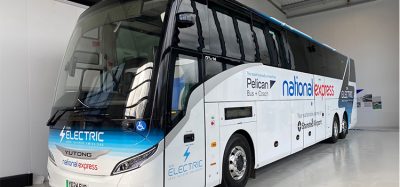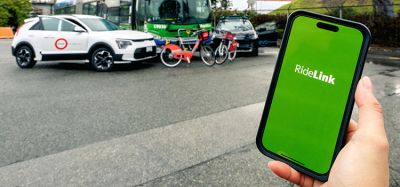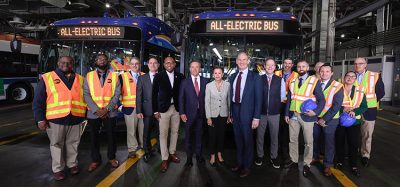Volvo modifies electric city bus for autonomous operation
- Like
- Digg
- Del
- Tumblr
- VKontakte
- Buffer
- Love This
- Odnoklassniki
- Meneame
- Blogger
- Amazon
- Yahoo Mail
- Gmail
- AOL
- Newsvine
- HackerNews
- Evernote
- MySpace
- Mail.ru
- Viadeo
- Line
- Comments
- Yummly
- SMS
- Viber
- Telegram
- Subscribe
- Skype
- Facebook Messenger
- Kakao
- LiveJournal
- Yammer
- Edgar
- Fintel
- Mix
- Instapaper
- Copy Link
Posted: 18 June 2018 | Intelligent Transport | No comments yet
The new autonomous bus, based on Volvo’s commercially produced electric city bus, has been modified for safer and more comfortable travel…
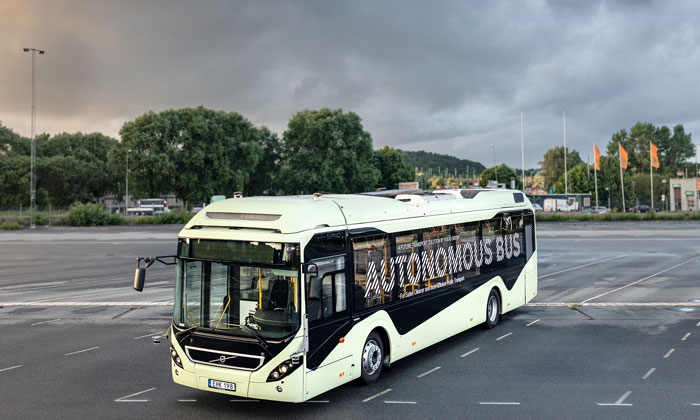

On 15 June, Volvo Bus revealed their new autonomous bus at the Volvo Ocean Race competition in Gothenburg, Sweden, demonstrating the technology’s capability to provide safer and more comfortable travel, as well as more efficient handling of vehicles in the depot.
The autonomous 12m-long bus, based on the previous electric city bus, is designed to provide a safe and comfortable ride, programmed to accelerate and brake gently and smoothly. At bus stops, the bus will halt in the same position each time, with the same gap between the bus and the platform for convenient entry and exit.
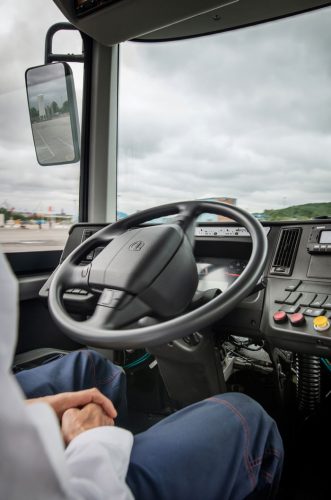

“With low noise level and emission-free operation, electric bus systems provide an excellent alternative for attractive and sustainable public transport. With various degrees of automation, we can make further progress regarding safety, comfort and efficiency. Leveraging Volvo Group technologies, we will demonstrate these opportunities for the future during the Volvo Ocean Race,” said Håkan Agnevall, President Volvo Buses.
“The technology permits more efficient vehicle handling when the bus is not in traffic operation. With autonomous buses, depot staff can focus on service and maintenance instead of having to charge the batteries, drive to the bus wash and park the bus. Tomorrow’s buses will be able to do all this on their own,” Agnevall continued.
The autonomous bus will also be used for research into bus platooning, where buses drive in close convoy in urban traffic.
Over the next two years the bus will be used in two automotive research projects – FFI’s Autonomous City Buses project and KRABAT. FFI is the Strategic Vehicle Research and Innovation Programme, a cooperative venture between the automotive industry and the Swedish state. KRABAT is part of the Swedish government’s joint programme entitled ‘Next-generation travel and transport’, financed partly by Vinnova through Drive Sweden.
The autonomous Volvo bus is presented within the framework of ElectriCity’s participation at the Volvo Ocean Race – a joint project between the research community, industry and the City of Gothenburg.
Related topics
Air Quality, Connected & Autonomous Vehicles, Sustainable Urban Transport
Related modes
Bus & Coach
Related cities
Sweden
Related organisations
Volvo Bus
Related people
Håkan Agnevall




